Speakers at the conference on pathways of care in sexual health- Montréal – May 29th
Fos Mohamed Nur – community animator at GAMS (elle/she)
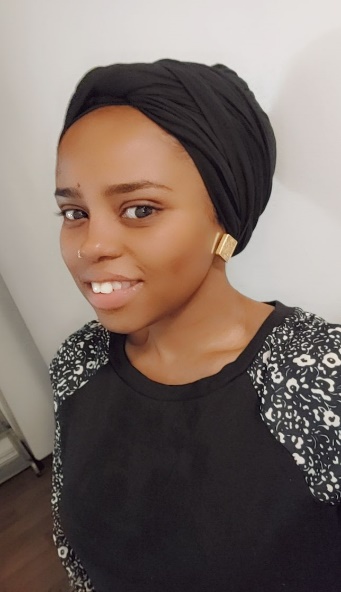 Originally from Somalia, the 4th of 8 siblings, Fos left her country following the civil war and a forced marriage with an older man she did not know. In 1999, she arrived alone in Belgium with a smuggler while still a minor.
Originally from Somalia, the 4th of 8 siblings, Fos left her country following the civil war and a forced marriage with an older man she did not know. In 1999, she arrived alone in Belgium with a smuggler while still a minor.
During her asylum application, which was refused 6 times, she received gynaecological care to treat infections. It’s when she discovered that her infibulation is a type of genital mutilation and part of a broader system of gender-based violence. This appointment became an ordeal when several people from the service came to observe her, increasing her feeling of shame.
For her it was a shock. While in Somalia she was considered an honourable and strong person, in Belgium she was seen as a victim. Following this event, she spoke in various media in the country to denounce FGM.
In 2002, she discovered the non-profit association GAMS Belgium where Khadidiatou Diallo, the founder, welcomed her. Khadia explained to her the different types of FGM, including excision and infibulation and the consequences of FGM, which corresponded to the physical and psychological pain she was experiencing.
Fos has been working for the GAMS (Liège branch) since 2012. She is the mother of 4 children, including a daughter. She makes it a point of honour to protect her and raise her awareness on this subject.
Cendrine Vanderhoeven, midwife and sexologist specialized in supporting women who have experienced excision/infibulation at CeMAViE, CHU Saint-Pierre, Brussels (elle/she)
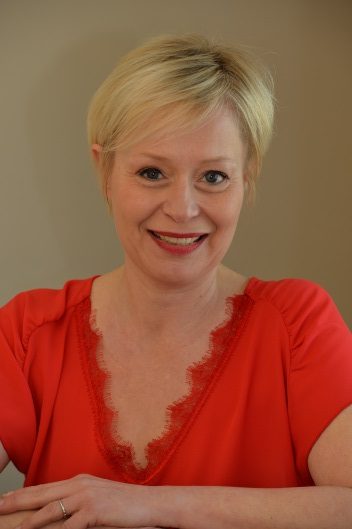 During her time providing obstetric care, Cendrine realized that a lot of women were not at peace with their body. She decided to study Community Health and Sexology to better support them and help them value their strength and knowledge to overcome suffering and have a better relationship with their bodies and health.
During her time providing obstetric care, Cendrine realized that a lot of women were not at peace with their body. She decided to study Community Health and Sexology to better support them and help them value their strength and knowledge to overcome suffering and have a better relationship with their bodies and health.
She supports women so they can make informed decisions about their intimate lives.
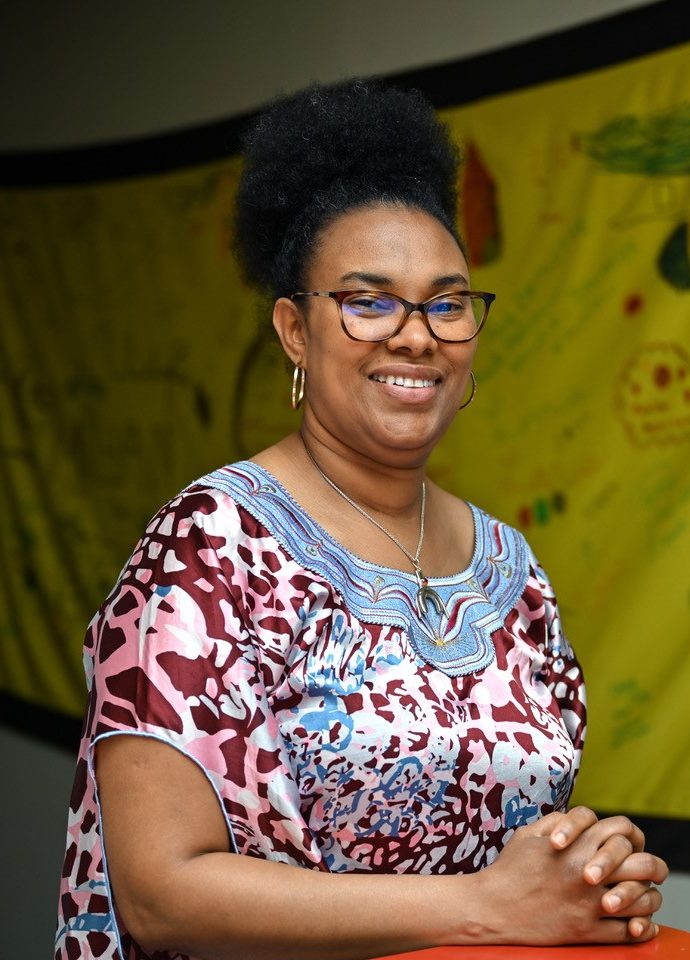 Mariama Bah, Head of Community Voices at GAMS Belgium (elle/she)
Mariama Bah, Head of Community Voices at GAMS Belgium (elle/she)
Mariama is Guinean. In addition to her master’s degree in business administration, Mariama has trained as a socio-cultural project facilitator and as a Development and Intercultural Mediation Agent in Belgium. She is currently responsible for the “Community Voices” of GAMS Belgium which raises awareness in communities by their own members.
Fabienne Richard, Midwife, Doctor of Public Health Sciences, Director of GAMS Belgium (elle/she)
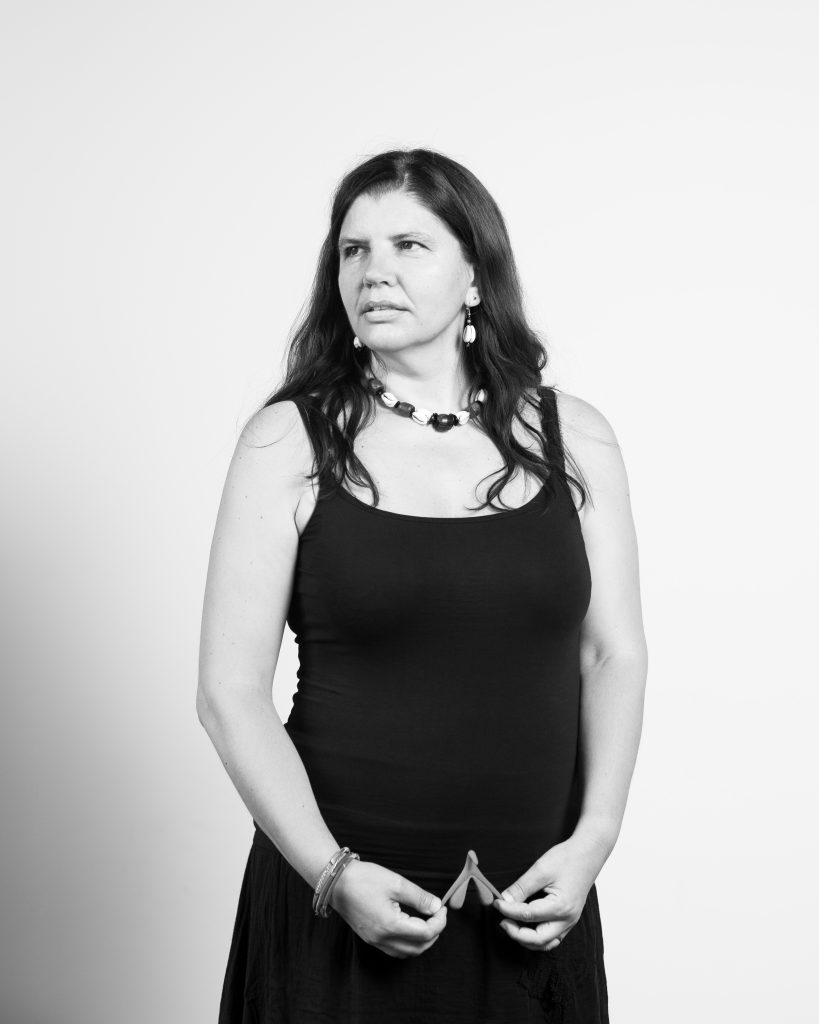
Fabienne Richard is a French midwife who specializes in tropical medicine and public health (MSc, PhD). She has worked in Afghanistan, Burkina Faso, Kenya, Liberia, Somalia and Sri Lanka for Doctors Without Borders and the Institute of Tropical Medicine in Antwerp. She is a reference midwife for “Female Genital Mutilation” (FGM) and is involved in research on FGM (FGM prevalence studies in Belgium, Action Research on reports of children at risk of FGM) and is co-writing clinical guidelines for the Ministry of Health in Belgium.
Fabienne is a member of the Superior Health Council on reconstructive surgery. She is currently director of GAMS Belgium and midwife at the Medical Center for Assistance to Victims of Excision at CHU St-Pierre (CeMAViE). She is a scientific collaborator at the School of Public Health of l’Université Libre de Bruxelles and teaches in several midwifery schools. She coordinated the European project Daphne: Men Speak Out, which aims to engage men in the prevention of FGM and to better understand their perception of FGM (research with mixed methods) and the ACCESS project to improve access for migrant women victims of violence to support services (awareness-raising video in 12 languages, service mapping).
Magaly Pirotte, independent researcher and founder of SEX-ED + (elle/she)

Magaly Pirotte is an independent researcher who works on sexuality education and sexual and reproductive health and rights. She has been involved both as an activist and as a worker in non-profit organizations.
As a researcher, she has worked on anti-authoritarian and queer activist movements, reproductive justice and anti-oppressive approaches to sexuality education. Her research led her to set up the SEX-ED + project in Dec 2017 to document genital diversity and create tools for those working in the field, building bridges between research and practice.
Through the SEX-ED + project and international collaborations with professionals who work in a wide variety of fields (medicine, anatomy, history of science, women’s health, defense of LGBTQ+ rights, accessibility, etc.) Magaly seeks to nurture reflections and practices that promote positive, inclusive and emancipatory sexuality education, rooted in values of social justice.
Sylvie Lévesque, PhD, professor in the UQAM sexology department and research member of IREF (elle/she)
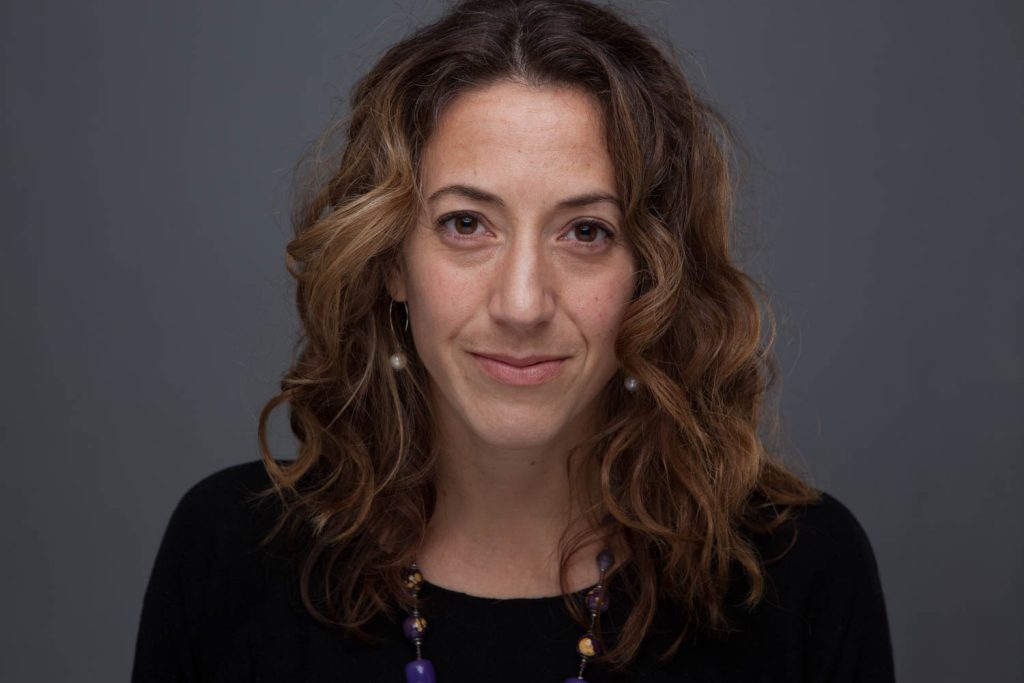
Sylvie Lévesque, PhD, has been a professor in the Department of Sexology since 2012. She has training in sexology (bachelor and master’s degree, UQAM) and in public health (doctorate, Université de Montréal). She has several years of experience in intervention and clinical supervision. Her current research interests concern violence between intimate partners and violence against women, motherhood in a context of vulnerability, reproductive coercion, conjugal violence in the perinatal period, gynaecological and obstetrical violence and contraceptive burden. She is also interested in women’s rights in relation to reproductive and sexual health. Most of her research work is carried out in close collaboration with community and institutional partners.
Adam M, Trans Big Brother, (il/him)
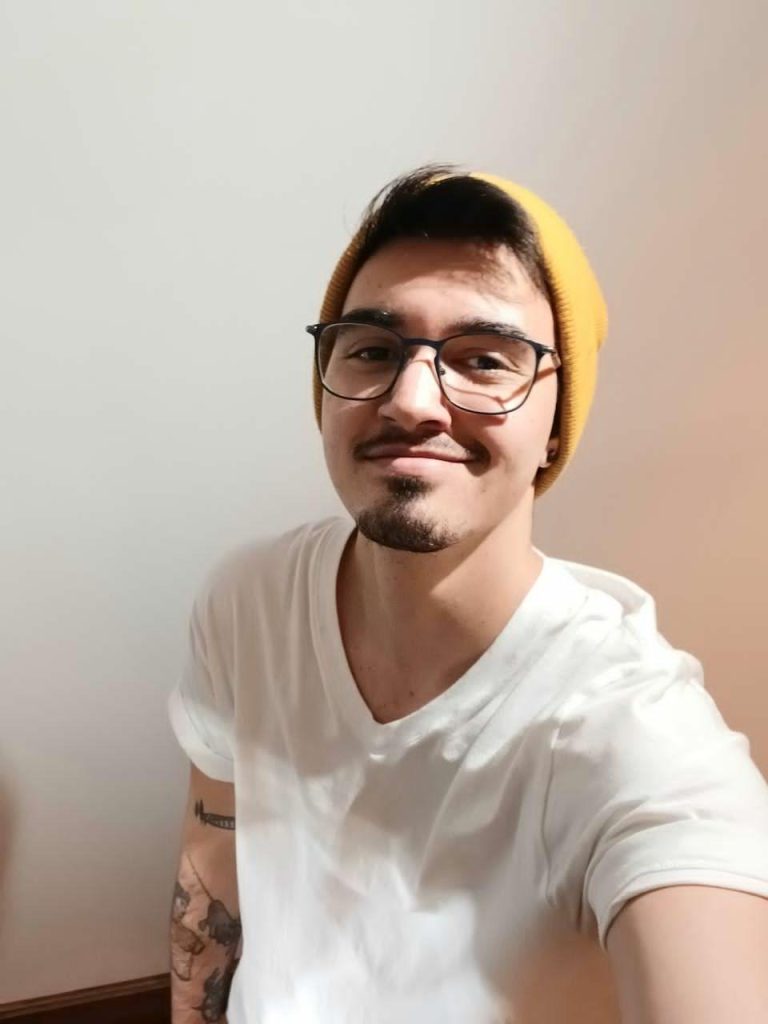
Adam M., known on social networks as Trans_big_brother, is a transmasculine person who invites several hundred subscribers to share his daily life and his transition process as a trans individual. He highlights everyday medical challenges including living with endometriosis while being socially perceived as a man.
